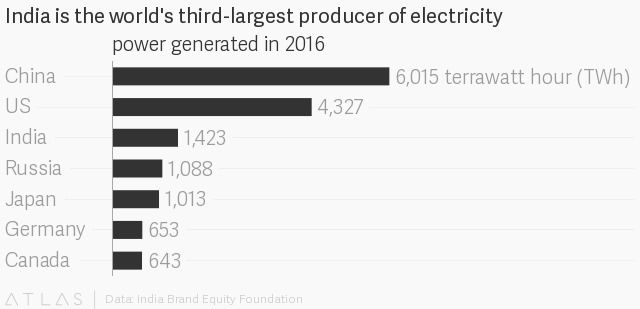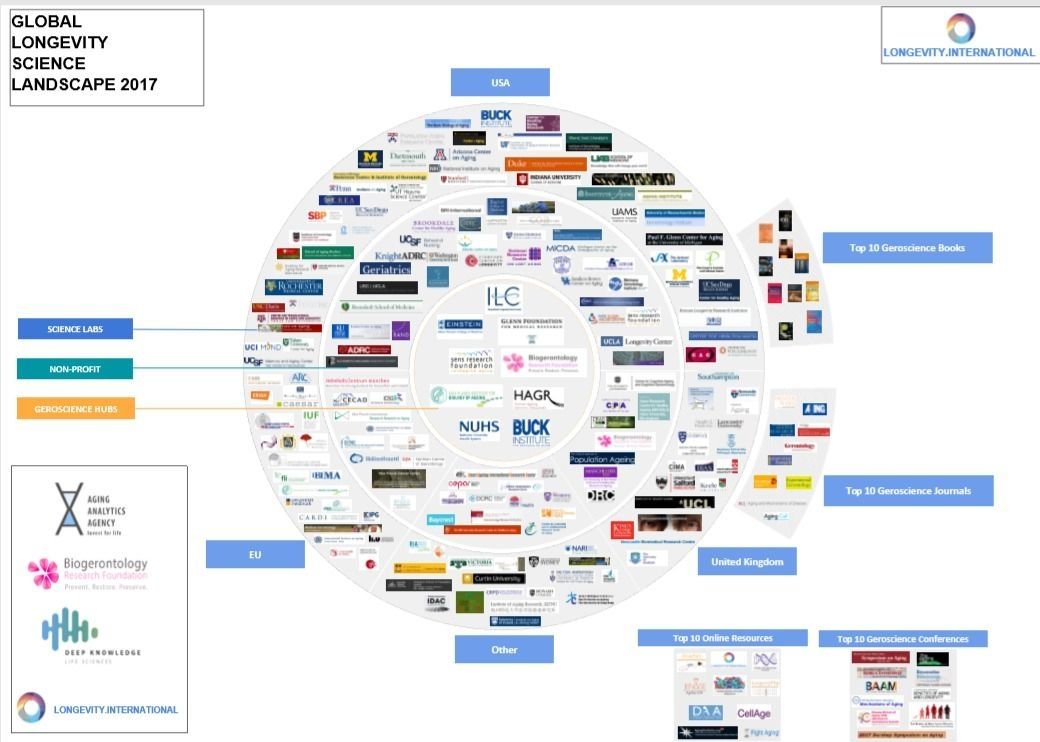Archive for the ‘government’ category: Page 175
Mar 27, 2018
The James Webb Space Telescope will be delayed for at least a year
Posted by Genevieve Klien in categories: government, space
Today, NASA held a press conference on the status of the James Webb Space Telescope, the organization’s successor to Hubble, and the news was grim. The observatory was supposed to launch between March and June of 2019. JWST will miss that window; while a specific launch time frame hasn’t been established, NASA is currently targeting May 2020.
While the telescope’s individual components meet their requirements, contractor Northrop Grumman needs more time to test them, integrate them together and do environmental testing. In order to monitor the telescope’s schedule, NASA is creating a Independent Review Board (IRB) to monitor this testing and NASA will take its recommendations into account when determining a specific launch window. That will occur sometime this summer.
Many suspected this announcement was coming after a report from the US Government Accountability Office earlier this month. The GAO found that ongoing technical issues with the telescope meant that launch delays were likely, and that the project was at risk of breaching the $8 billion cap set by Congress, which would mean it would need to be reauthorized. The telescope has already encountered delays, and it’s safe to say that more will follow. It’s an incredibly complex, detailed and delicate device, after all.
Continue reading “The James Webb Space Telescope will be delayed for at least a year” »
Mar 26, 2018
Longevity industry systematized for first time
Posted by Peter Morgan in categories: government, life extension, policy
See a close-up of the above image!
UK aging research foundation produces roadmap for the emerging longevity industry in a series of reports to be published throughout the year
Friday, Feb. 2, 2017, London, UK: The Biogerontology Research Foundation has embarked on a year-long mission to summarise in a single document the various emerging technologies and industries which can be brought to bear on aging, healthy longevity, and everything in between, as part of a joint project between The Global Longevity Consortium, consisting of the Biogerontology Research Foundation, Deep Knowledge Life Sciences, Aging Analytics Agency and Longevity. International platform.
Continue reading “Longevity industry systematized for first time” »
Mar 26, 2018
India is now the world’s third-largest electricity producer
Posted by Genevieve Klien in categories: finance, government
India now generates around 1,160.1 billion units of electricity in financial year 2017, up 4.72% from the previous year. The country is behind only China which produced 6,015 terrawatt hours (TWh. 1 TW = 1,000,000 megawatts) and the US (4,327 TWh), and is ahead of Russia, Japan, Germany, and Canada.

Total electricity production stood at 1,003.52 billion units in India between April 2017 and January 2018. “Multiple drivers (like industrial expansion and rising per capita income) are leading to growth in power demand; this is set to continue in the coming years,” said a report by the India Brand Equity Foundation (IBEF), an arm of the Indian government’s ministry of commerce.
Continue reading “India is now the world’s third-largest electricity producer” »
Mar 19, 2018
Mastercard will support cryptocurrencies, if they’re backed by governments
Posted by Genevieve Klien in categories: cryptocurrencies, government
It seems Mastercard is gradually softening its stance on cryptocurrency, after CEO Ajay Banga downplayed non-government mandated digital currencies as “junk” back in October last year.
In a conversation with Financial Times, Ari Sarkar, Mastercard co-president for the Asia-Pacific region, said the company is open to explore cryptocurrencies created and backed by governments.
“If governments look to create national digital currency we’d be very happy to look at those in a more favourable way [compared with existing cryptocurrencies],” Sarkar told Financial Times.
Continue reading “Mastercard will support cryptocurrencies, if they’re backed by governments” »
Mar 16, 2018
Pentagon Wants Silicon Valley’s Help on A.I.
Posted by Derick Lee in categories: government, internet, military, robotics/AI
On Thursday, Robert O. Work, a former deputy secretary of defense, will announce that he is teaming up with the Center for a New American Security, an influential Washington think tank that specializes in national security, to create a task force of former government officials, academics and representatives from private industry. Their goal is to explore how the federal government should embrace A.I. technology and work better with big tech companies and other organizations.
Older tech companies have long had ties with military and intelligence. But employees at internet outfits like Google are wary of too much cooperation.
Mar 14, 2018
DARPA Is Funding Time Crystal Research
Posted by Genevieve Klien in categories: government, military, particle physics, quantum physics
You probably scratched your head last year if you read about time crystals, likely 2017’s most esoteric, widely covered popular science story. Even if you understood how they worked, you might not have known what use they could have. Time crystals, systems of atoms that maintain a periodic ticking behavior in the presence of an added electromagnetic pulse, have now piqued the interest of one well-funded government agency: the Department of Defense.
The DoD’s Defense Advanced Research Projects Agency, or DARPA, announced a new program to fund research on these systems. More generally, the new DRINQS program will study exactly what its acronym stands for: “Driven and Nonequilibrium Quantum Systems.” But why?
“The applications could be for atomic clocks, where you have an ensemble of atoms you’re vibrating to extract time information,” Ale Lukaszew, program manager in DARPA’s defense sciences offices, told Gizmodo. “There might be applications related to measuring things with exquisite sensitivity in time and magnetic field domains. Not a lot of these applications are open for discussion.” In other words, time crystal-based military technology is classified.
Mar 13, 2018
“Digital currency likely to overtake fiat” — China’s central bank governor
Posted by Genevieve Klien in categories: cryptocurrencies, government
China has been one of the harshest countries with regard to cryptocurrency regulations and has given its citizens a very short leash. This hard-set attitude has made it difficult for people in the mainland to trade and hold cryptocurrency assets, while some have opted for offshore accounts, many still prefer using the little leeway their government allows.
The Chinese have clamped down on cryptocurrencies so much that they even forced a popular social media platform to shut down and warned its people that accounts related to cryptocurrencies would be watched closely.
Which is why the conversations that happened and the statements that were released at this year’s National People’s Congress comes as a long sought after reprieve to China’s people.
Mar 12, 2018
Tax the terminator: Chinese adviser calls for levy to stop robots taking over the workplace
Posted by Derick Lee in categories: government, robotics/AI
Cai, a delegate to the National People’s Congress in Beijing, said the idea made sense.
As the country rides a wave of investment in automation, Cai is among the first Chinese academics to call for restrictions on robots.
NPC delegate Cai Fang says it won’t be long before machines can do most things better than humans.
Mar 10, 2018
The FCC says a space startup launched four tiny satellites into orbit without permission
Posted by Genevieve Klien in categories: government, satellites
Satellite operators must get government approval to launch hardware into orbit. The FCC says that Swarm Technologies launched four small satellites in January without authorization.
















